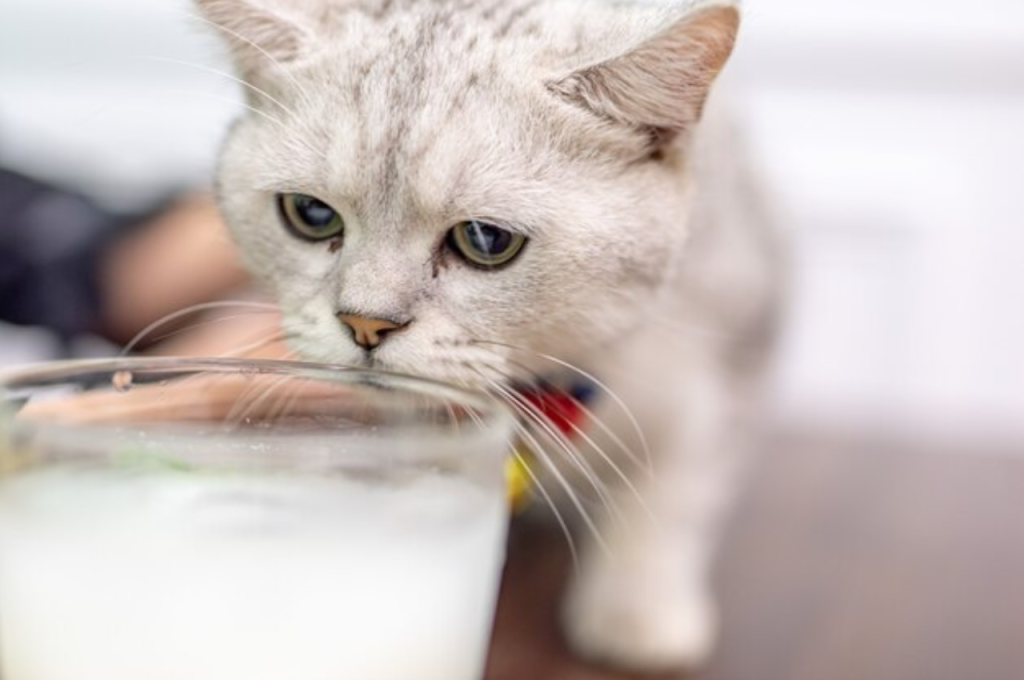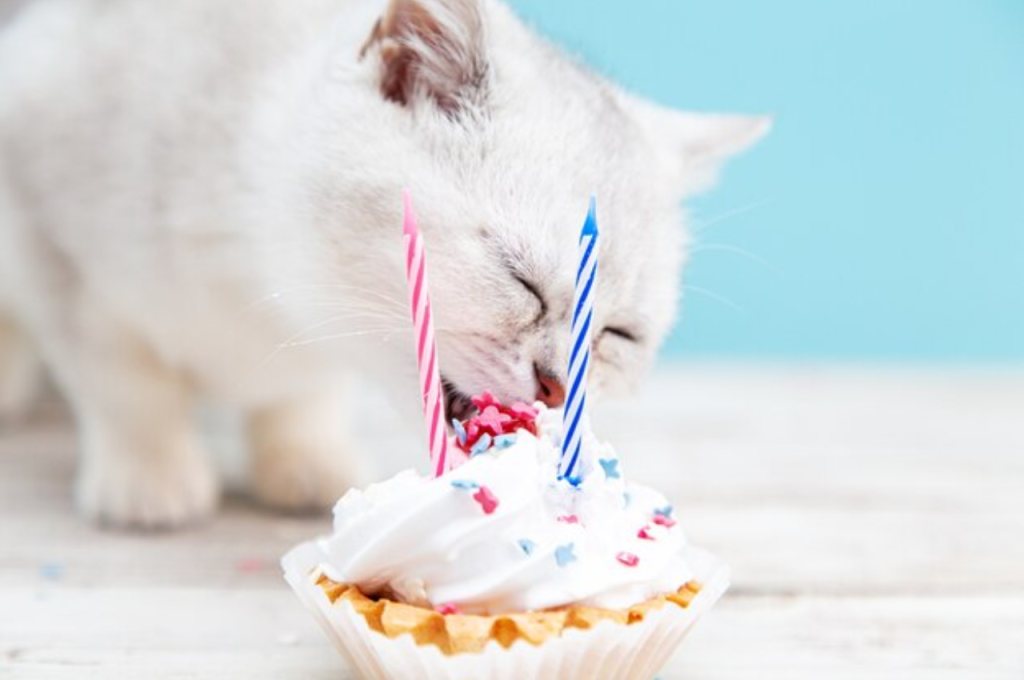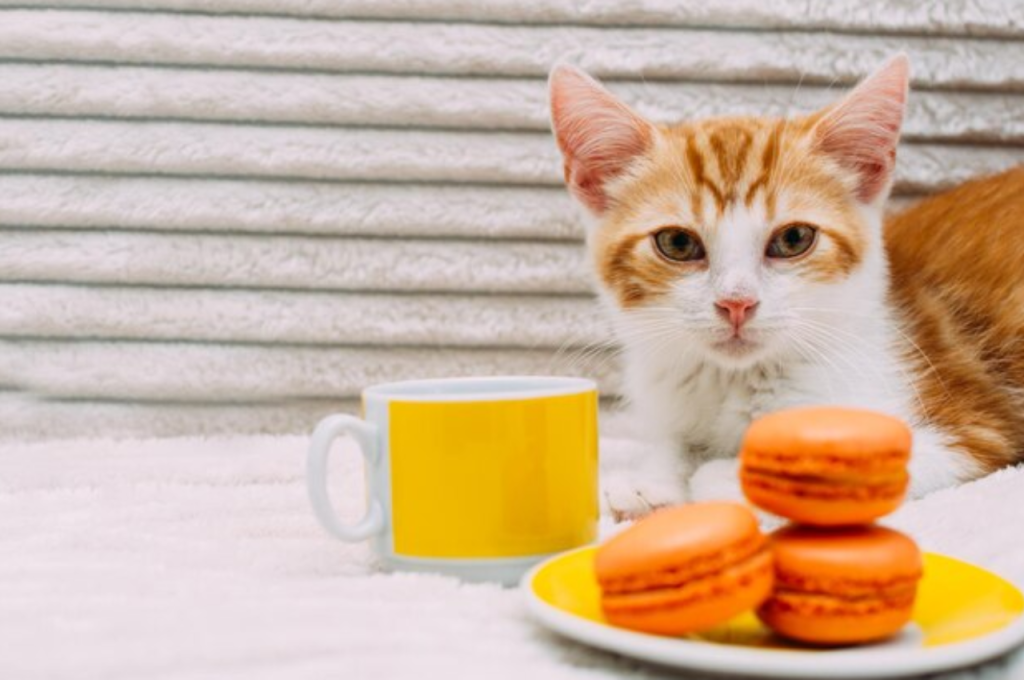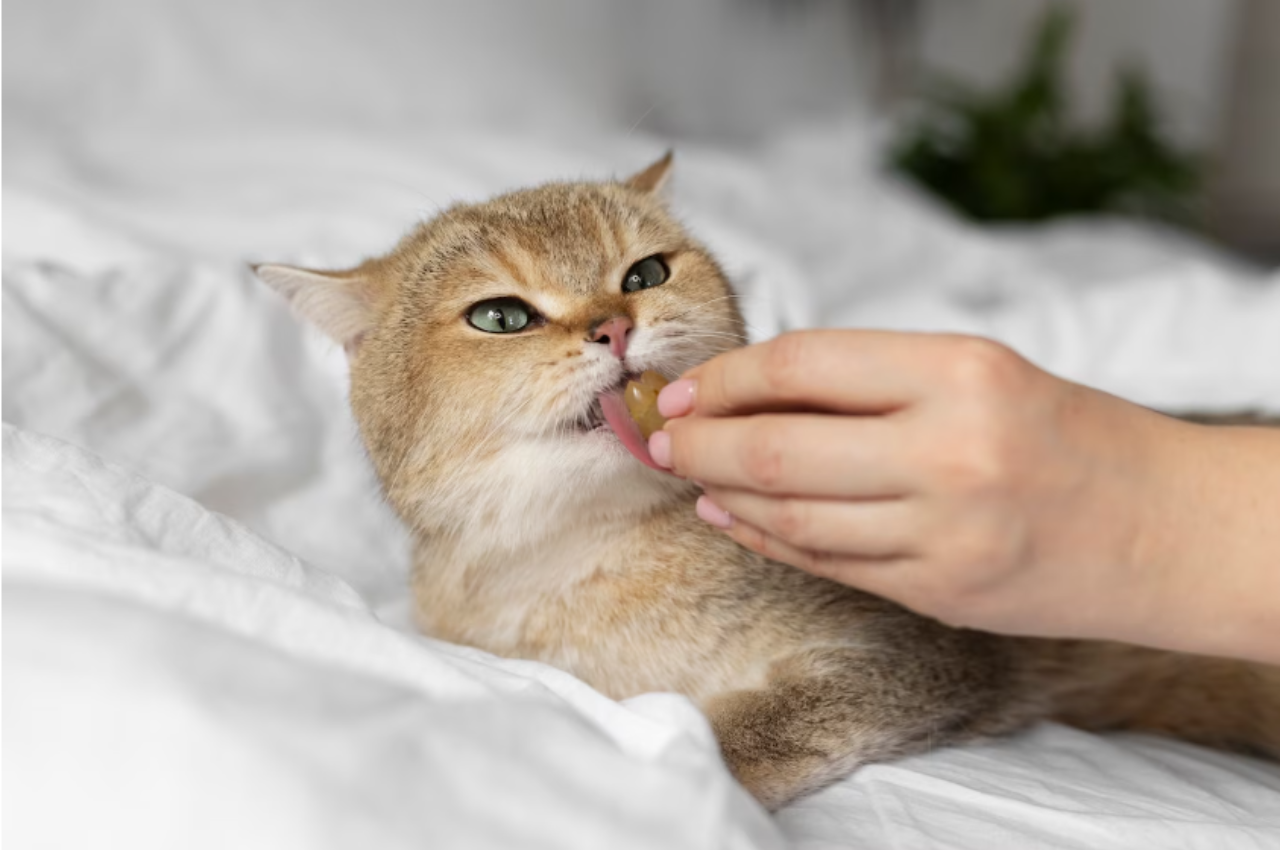Yes, cats can eat sugar, but it is not recommended as it can cause health issues. Sugar can lead to dental problems and obesity in cats.
Additionally, it may also contribute to the development of diabetes in felines. While cats may be attracted to sweet flavors, it’s best to avoid feeding them sugary foods or treats. A diet high in sugar can have adverse effects on their well-being.
Instead, it’s important to provide cats with a balanced and nutritious diet that meets their dietary needs. Always consult with a veterinarian before introducing any new foods into your cat’s diet to ensure their health and well-being are prioritized. By being mindful of their diet, you can help your feline friend lead a healthy and happy life.
The Feline Sweet Tooth
When it comes to their diet, cats are known for their preferences for protein-rich foods and their discerning taste. However, you might be wondering about their sweet tooth. Can cats eat sugar? Let’s explore the topic of cats and sugar, and whether it’s safe for them to indulge in sweet treats.

How Cats Taste Sweetness
Cats, unlike humans, do not have the taste receptors necessary to perceive sweetness. This means that cats are less likely to crave or enjoy sugary foods. Their taste buds are tuned to favor proteins and fats, which is why they typically prefer meat-based diets.
Natural vs. Artificial Sugars in Cat Foods
When considering whether cats can consume sugar, it’s important to differentiate between natural sugars found in ingredients like fruits and artificial sugars often added to processed foods. While natural sugars in small amounts may be safe for cats, excessive consumption can lead to health issues such as obesity and dental problems. On the other hand, artificial sugars, such as those in some commercial cat treats, should be avoided as they can be harmful to cats’ digestive systems.
Health Impacts of Sugar on Cats
While we often enjoy sweet treats, it’s important to remember that cats have different dietary needs. Feeding your feline friend the wrong types of food can have negative consequences on their health. One such food to be cautious about is sugar. In this article, we’ll explore the health impacts of sugar on cats, specifically focusing on obesity and diabetes, as well as dental health.
Obesity and Diabetes
High sugar intake can lead to the onset of obesity in cats. Cats are obligate carnivores, meaning their bodies have evolved to efficiently process and derive energy from animal protein. Introducing excess sugar into their diet disrupts this balance and can contribute to weight gain. Obesity is not just a cosmetic issue for cats; it increases the risk of other health problems such as diabetes.
Diabetes is a chronic condition that affects a cat’s ability to regulate their blood sugar levels. Although there can be various causes for this disease, excessive sugar consumption can play a significant role. When a cat consumes sugary foods, their pancreas releases insulin to process the sugar. Over time, this constant demand can overwork the pancreas, leading to insulin resistance and the development of diabetes.
Dental Health
Sugar is notorious for wreaking havoc on dental health, and cats are no exception. Just like humans, cats can suffer from tooth decay and gum disease. When cats consume sugary substances, the sugar combines with bacteria in their mouths to form plaque, which can accumulate on teeth and gums. The build-up of plaque can result in dental issues such as cavities, gum inflammation, and periodontal disease.
Moreover, cats groom themselves by licking their fur, transferring the bacteria-laden sugar residue from their mouths onto their fur. This can contribute to skin problems, matting, and other hygiene issues if left unaddressed. Therefore, it’s critical to monitor your cat’s sugar intake to maintain their oral health.
Safe Sweet Treats for Cats
Cats can enjoy a treat from time to time, but it’s crucial to offer them safe sweet options. Here are some healthy choices that your feline friend can enjoy without any harmful effects:

Fruits and Vegetables
Certain fruits and vegetables are safe for cats and can be served as a sweet snack. Always remove pits and seeds before offering these treats to your cat. Some safe options include:
- Blueberries
- Bananas (in moderation)
- Carrots (cooked)
- Watermelon (seedless)
Alternative Cat Treats
If you prefer commercial treats, look for those made specifically for cats to ensure they are safe and nutritious. You can also consider DIY options, such as homemade cat treats with ingredients like tuna, salmon, or chicken.
Understanding A Cat’s Dietary Needs
Cats cannot efficiently process the sugar found in many human foods. Their diet requires high protein and low carbs for optimal health. It’s crucial to avoid giving cats sugary treats to prevent potential health issues. Prioritize a well-balanced diet tailored to their specific nutritional needs.
Carnivorous Nature
Cats are obligate carnivores, which means they require meat in their diet to thrive. Their digestive systems are designed for a protein-rich diet.
Balancing A Cat’s Diet
To ensure your cat’s nutritional needs are met, it’s important to offer a balanced diet. This includes a mix of high-quality protein sources and essential nutrients.
Recognizing Symptoms of Sugar Toxicity in Cats
Sugar toxicity can have harmful effects on cats, so it’s important to recognize the symptoms. Look out for increased thirst, weight gain, lethargy, and changes in appetite, as these may indicate a problem. Be mindful of the amount of sugar your cat consumes to keep them healthy.
Signs of Sugar Poisoning
If you suspect that your cat has consumed sugar or been exposed to foods high in sugar content, it is essential to be mindful of the following signs of sugar poisoning:
- Increased thirst
- Frequent urination
- Weight gain or obesity
- Decreased appetite or loss of appetite
- Lethargy or lack of energy
- Unusual hyperactivity
- Vomiting or diarrhea
- Increased dental issues such as tooth decay
- Development of diabetes
Sugar poisoning in cats can lead to serious health problems, including obesity, diabetes, and dental issues. Therefore, it is crucial to monitor their behavior and look out for these symptoms, seeking immediate veterinary attention if any are observed.
Actions to Take
If you suspect your cat has ingested sugar or is showing signs of sugar toxicity, it is important to take the following actions:
- Remove access to any sugary substances or foods to prevent further consumption.
- Monitor your cat’s behavior closely for any worsening symptoms.
- Contact your veterinarian for guidance and inform them about the situation.
- Follow any instructions or advice provided by your veterinarian.
- Adjust your cat’s diet as recommended by your veterinarian, focusing on balanced and appropriate nutrition.
- Maintain regular veterinary check-ups to monitor your cat’s health and address any underlying conditions.
By taking these actions, you can effectively manage and prevent sugar toxicity in your cat, ensuring their overall well-being and longevity.
Educating Cat Owners
Cats are cherished members of our families, and as such, it’s crucial to be informed about what they consume. Knowing the right foods for your feline friend is essential to maintain their health and well-being. Educating cat owners about their pet’s dietary needs is the key to providing a safe and healthy environment for our furry companions.
Reading Labels
When it comes to deciphering what’s safe for your cat to consume, reading labels is imperative. Always check for the ingredient list on the packaging of any product intended for your cat. Look for any mention of sugar, sweeteners, or any form of sugar substitution in the ingredients. Be mindful of hidden sugars with names like molasses, corn syrup, or sucrose.
Consulting with A Vet
Consulting with a vet is a crucial step in ensuring your cat’s diet is suitable for their specific needs. A veterinarian can provide valuable insight into the impact of sugar on your cat’s health and overall dietary requirements. They can also recommend appropriate cat food brands with low sugar content, tailored to your cat’s individual needs.

Conclusion
To sum up, while cats can technically consume small amounts of sugar, it is not recommended due to the potential risks it poses to their health. Sugar can lead to obesity, dental problems, and even diabetes in cats. It is essential to prioritize their well-being by providing them with a balanced and appropriate diet.
Instead of sugar, it is best to offer cats treats that are specifically formulated for their nutritional needs. Always consult with a veterinarian for specific dietary recommendations for your furry friend.
